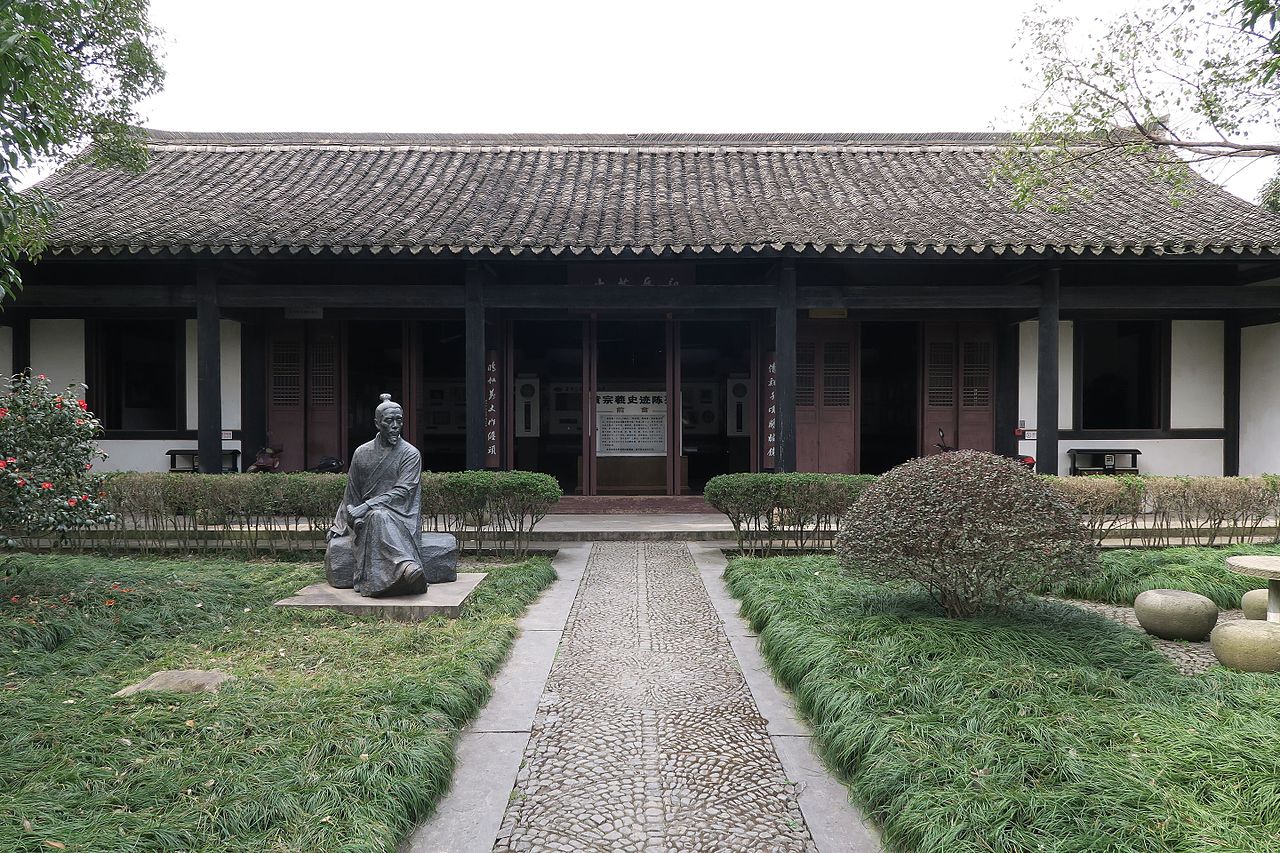Chinese philosopher criticizing excessive authoritarian tendencies in China: Who is Huang Zongxi?
Distinguished scholar and reformer who lived in China during the early Qing (Manchu) period (1644-1911/12). He criticized the excessively authoritarian nature of the Chinese political system, and his works were reconsidered by Chinese reformers in the early 20th century.

Huang Zongxi; (born September 24, 1610, Yuyao, Zhejiang Prefecture – died August 12, 1695, Yuyao, China) was a distinguished scholar and reformer who lived in China during the early Qing (Manchu) period (1644-1911/12). He criticized the excessively authoritarian nature of the Chinese political system, and his works were reconsidered by Chinese reformers in the early 20th century.
Huang Zongxi (September 24, 1610 – August 12, 1695), courtesy name Taichong was a Chinese naturalist, political theorist, philosopher, and soldier during the latter part of the Ming dynasty into the early part of the Qing.
The son of a famous scholar-reformer from the Ming dynasty, Huang refused to serve the later Qing dynasty. He fought alongside the last remaining members of the Ming dynasty in southern China. Upon defeat, he turned away from politics and turned to scientific research. His interests include mathematics, geography, calendar science, literature, and philosophy, but he became famous as the founder of the Zhejiang school, which sought to foster objectivity rather than personal and moral criteria in historical studies. Adherents of this school also attached great importance to the study of recent history, contrary to the Chinese belief that only ancient studies were valuable.
Huang criticized despotism in Chinese history in his first major work, Mingyi daifang lu (1662; A Plan for the Prince). He wanted the ancient institution of the presidency to be revived as an office to share the power of the emperor. He proposed reforms in the imperial court, in education, in the selection of civil servants, in the army, and in the tax systems. He also argued that the law should be reformed so that it reflects impersonal justice rather than the arbitrary dictates of despotic regimes. His Mingru Xuean (1676; Treatise on the Ming Confucianists) is considered the first systematic history of Chinese philosophy. His book Song Yuan Xuean (Treatise on the Sung and Yuan Confucianists), published in 1846, is also incomplete but is a systematic review of Chinese thought in the Song (960-1279) and Yuan (1206-1368) periods.
